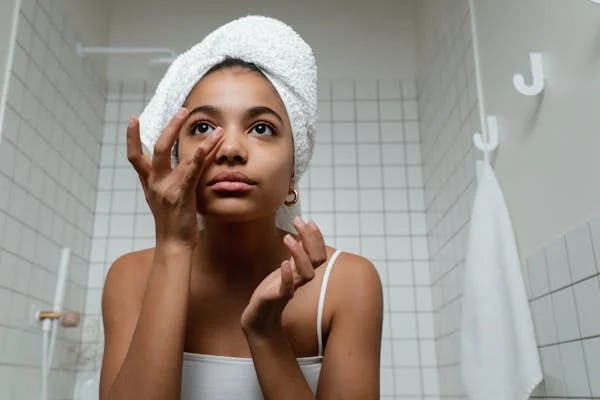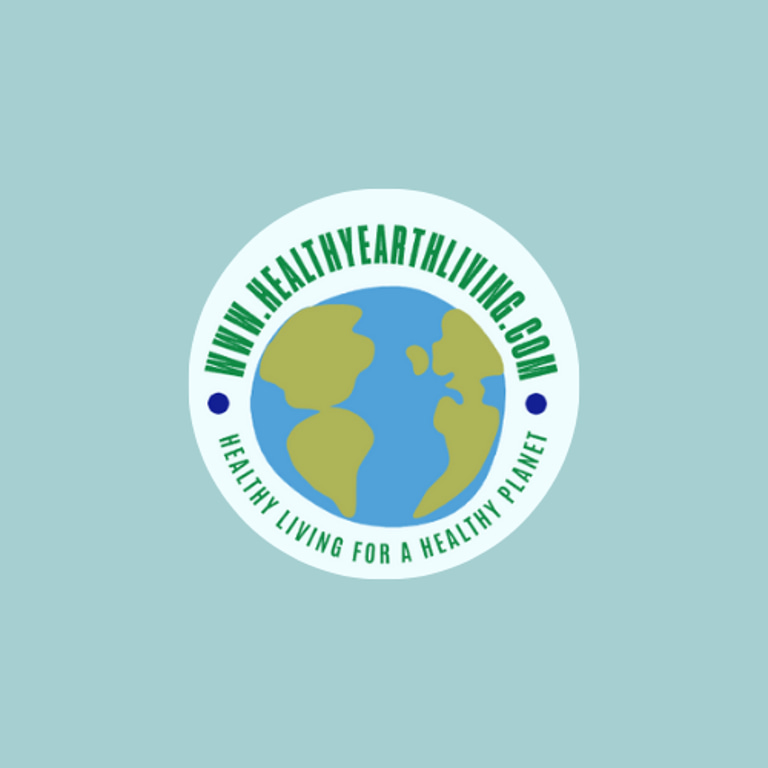Soak Up the Sun: 5 surprising health benefits you never knew about!
Uncover five surprising health benefits of the sun that you never knew about! From enhancing cognitive function and improving cardiovascular health to boosting immunity!
HOMEMINDBODY
Heather Machie, BSN RN
6/7/20247 min read


Have you ever wondered why catching rays feels so good?
Let's dive into the fantastic health perks of soaking up Vitamin D from the sun.
Things get a little murky regarding the sun and its benefits.
The sun often gets a bad rap. When in truth, it has a plethora of fantastic health benefits! Keep reading to learn how the sun can warm you to good health.


Boosted Mood and Mental Health
How sunlight triggers the release of feel-good chemicals in your brain, combating depression and anxiety.
There’s nothing quite like a sunny day to put some pep in your step. And, believe it or not, that feeling is supported by science! When the sun’s rays touch your skin, it jumpstarts your skin cells to start making happy hormones or endorphins (1).
If you live where there is winter and shorter days, you might experience feeling more down than usual on darker days. The lack of sunlight exposure is the culprit to these moods.
Improved mood, reduced stress, and increased relaxation.
Have you ever sat at your desk, working away, staring longingly outside on a sunny day, wishing you were enjoying it? You aren’t alone. Not getting enough direct sunlight can lead to increased anxiety, stress, and depression (2).
The million-dollar question is, “What is enough sunlight?” Most sources (3) recommend getting about 5 to 10 minutes of sunshine two to three times per week. Regular sun exposure promotes improved mood, reduced stress, and increased relaxation. Experts recommend getting sunshine on your face, arms, and legs.
Seems like a pretty good excuse to spend some time at the beach, right? Unfortunately, not every day is a beach day.
Luckily, there are other ways to get some sunshine on your face:
Going for a walk, even if it’s just up and down your street.
Sitting outside and reading a book.
Go to your favorite park and pop your chair open!
Yard work
There’s nothing like being productive and getting some sun simultaneously.
The bonus of these activities is that they all have some additional therapeutic benefits. Sunshine plus a relaxing activity will help your mood and reduce stress!


Strengthened Immune System
The link between sun exposure and immune function and how it helps your body fend off infections
Sun exposure does many things for the human body, but one of its most important jobs is creating Vitamin D. Once your skin is exposed to the sun, like clockwork, Vitamin D begins to help the body function better.
As early as the 1900s, heliotherapy (1) was used to treat and prevent tuberculosis. Staff would take patients to a solarium room, leaving them to soak up the sun as treatment. It was so successful that heliotherapy was used for other infections and chronic illnesses.
Heliotherapy may not be as widely used as it used to be, but the sun's positive effects on the immune system haven’t gone anywhere. Most of these positive effects are due to the Vitamin D the sun creates when it comes into contact with the skin. Studies (1) have shown that respiratory illnesses, like the flu, are more prevalent in the colder months because of the lack of sun exposure and Vitamin D.
Reduced risk of illnesses like colds and flu and enhanced immune response.
Beyond helping treat infection, sun exposure and Vitamin D can help reduce (1) your chances of getting it in the first place. Those who took Vitamin D supplements during winter showed reduced risk (1) of getting the flu or respiratory syncytial virus (RSV).
Most people ask, “Why can’t I just take Vitamin D supplements? Why do I even need the sun exposure?” Here are a couple of reasons why:
Statistics show (3) that sun exposure gives people about 90% of their necessary Vitamin D. That’s a significant amount!
It’s easy to take too many Vitamin D supplements. Too much Vitamin D supplementation can cause toxicity (4) in the body.
When getting Vitamin D from the sun, toxicity is nearly impossible. The skin (4) and the functions that make Vitamin D maintain an excellent balance, showing that sun exposure is the safer way to get Vitamin D.


Enhanced Bone Health
How sunlight aids calcium absorption and promotes bone growth.
When we were kids, we were always told, “Drink your milk! It helps you have strong bones!”
But what if the sun could help your bones, too?
Believe it or not, the body cannot make calcium without help (5). We must eat foods with calcium or take a supplement to get the calcium we need. But calcium doesn’t act on its own. It needs Vitamin D to do any of its work. In short, Vitamin D helps the body absorb the calcium that is used. So, if you’re not getting enough Vitamin D, you won’t get enough calcium.
As you read above, Vitamin D is made when the body is exposed to sunlight. Furthermore, sunlight is the best source of Vitamin D. By getting enough sun exposure every week, the body is able to produce enough Vitamin D to do many things, including helping to absorb calcium. Once the calcium is absorbed into the body, it keeps bones strong and healthy.
Stronger bones, decreased risk of osteoporosis, and better overall bone health.
One particular study (6) showed that areas with less sunlight had a higher rate of osteoporosis and hip fractures. The thought is that with less sunlight, there is less Vitamin D and, therefore, a lack of calcium–which is essential for strong bones that can prevent fractures.
Going for a walk or exercising in the sun can help your body maintain strong and healthy bones!


Improved Sleep Quality
The connection between exposure to sunlight and a good night's sleep.
Seeing the sun usually lets our bodies know it is time to wake up. Sunlight triggers our circadian rhythm, which is a fancy way to describe our bodies’ internal clock.
It’s responsible for dispatching the right chemicals and hormones to maintain a healthy sleep-wake cycle. In the same way, seeing the moon and the night sky tells us it’s almost bedtime; the sun tells us it’s time to wake.
Regulation of sleep-wake cycles, deeper sleep, and waking up feeling refreshed.
Vitamin D is immensely important for sleep. A study (7) recently showed that those with poor sleep quality had low Vitamin D levels. This makes sense, considering that the sun is essential to our bodies’ sleep-wake cycles. If we aren’t getting enough sun regularly, our bodies may become confused and cause waking at night or feeling sleepy during the daytime.
Having better sleep hygiene is the pathway to waking up feeling refreshed. Here are a few ways you can use sunlight to regulate your sleep:
Try going for a walk first thing in the morning. Pay close attention to where the sun is and spend a few minutes tilting your face towards it. To protect your eyes, close them or wear sunglasses.
Sit outside in the morning with a glass of water. This is a great alternative if you can't walk.
Open the curtains/shades to allow sunlight into your living space.
The sun and its interaction with the body can greatly help you get that good night’s rest you need!


Better Skin Health
Explore how moderate sunlight can benefit your skin, from reducing acne to promoting healing.
Feeling the sun on your face is a euphoric feeling. And who doesn’t love getting a good tan?
The sun can do more than give you a tan, though.
If you suffer from acne, getting sun exposure may help. Studies (7) show that most people affected by acne are Vitamin D deficient. Since more than 90% (3) of the Vitamin D we need originates from sun exposure, taking time to soak up the sun may help us get the Vitamin D we need to heal those blemishes.
Clearer skin, improved conditions like psoriasis and eczema, and a natural glow.
Psoriasis and eczema can wreak havoc on the skin. The sun has the power to help. This study (8) showed that eczema babies had less sun exposure. The babies with more sun exposure didn’t have nearly as much eczema.
Many people who suffer from psoriasis and eczema have also been found to have Vitamin D deficiency (9). Getting sun exposure and allowing the body to create the Vitamin D it needs can help improve the symptoms of these skin issues.
The skin can get too much sun, so it is essential to take breaks and find shade after 15-20 minutes of sun exposure.


Bottom Line
The sun is so valuable to our bodies. It can positively affect our mood, immune system, bones, sleep, and skin. A moderate amount of sunshine can help with acne, osteoporosis, and poor sleep.
So, next time the sun's out, don't shy away—embrace it and bask in the glow for a healthier, happier you!
© 2025 Salo Content Writing LLC, all rights reserved
Join the Movement for a Healthier Planet! 🌿
Subscribe now and get your FREE Sustainable Living Checklist! Plus, enjoy weekly articles and delicious plant-based recipes straight to your inbox. Let’s make sustainable living simple and inspiring, one email at a time! 💚✨
